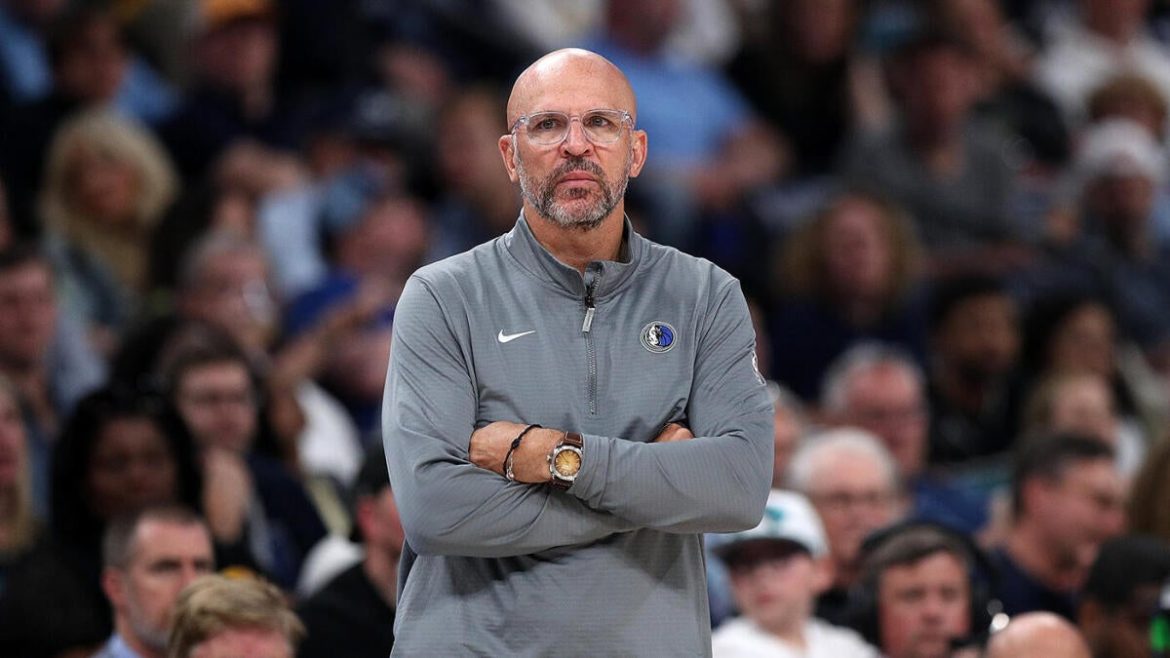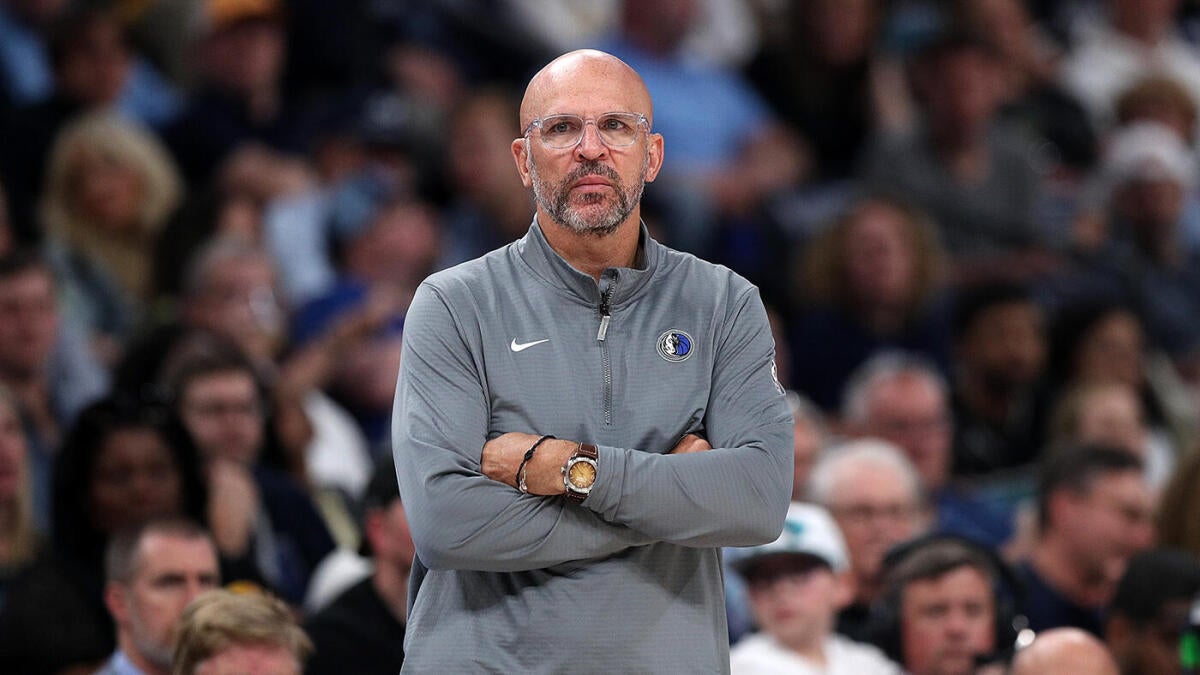The New York Knicks’ Pursuit of Jason Kidd: A Coaching Search Stymied by Mavericks’ Denial
The New York Knicks’ quest to replace former head coach Tom Thibodeau has been marked by intense speculation, shifting narratives, and significant roadblocks. Center stage in this saga is Jason Kidd, the Dallas Mavericks head coach, who emerged as a prominent candidate for the Knicks’ vacancy. Yet, despite mutual intrigue and active interest from New York, the Mavericks have unequivocally denied permission for their coach to interview with the Knicks, placing a hard stop on this potential hiring and leaving New York’s coaching search at a challenging crossroads. This analysis explores the unfolding dynamics, the implications of these denials, and what lies ahead for both franchises and Kidd himself.
A Coaching Search Mired in Complexity and Denials
From the outset, New York’s process has drawn attention not only for its urgency following Thibodeau’s dismissal but also for its difficulties in securing access to sought-after coaches. Jason Kidd quickly emerged as a leading contender, given his NBA pedigree, head coaching experience with several teams, and connection to players like Jalen Brunson, who flourished under Kidd in Dallas. The Knicks’ interest, as reported by multiple sources, has been mutual to some extent, though no official interview request was made initially.
However, the Mavericks’ position has crystallized firmly against allowing Kidd to interview elsewhere. Dallas has “denied permission” multiple times after the Knicks formally submitted interview requests. This denial extends beyond Kidd to other NBA coaches whom the Knicks sought, such as Minnesota’s Chris Finch and Houston’s Ime Udoka, illustrating how New York has encountered a broader obstacle within the NBA coaching market. The Mavericks’ stance is underscored by Kidd’s contract, with two years remaining after a recent extension, indicating Dallas’s commitment to retaining him at the helm.
The Stakes for the Mavericks and Kidd
The Mavericks’ refusal to grant permission is strategic, serving both organizational stability and Kidd’s self-interest. Dallas views Kidd as pivotal to the franchise’s present and future, especially considering his role in the development of key players and the team’s competitive prospects. Kidd’s reported enthusiasm for coaching rising stars like Duke’s Cooper Flagg highlights his commitment to Dallas’s trajectory.
From Kidd’s lens, remaining in Dallas allows him to solidify his coaching legacy and possibly secure further contract extensions. The rumors linking Kidd to New York might be leveraged internally to reinforce his position and motivate management to back him more strongly. The denial also indirectly sends a message to the NBA that Kidd’s loyalty and focus are with the Mavericks, a stance that reassures stakeholders about continuity amid offseason coaching shifts.
Implications for the Knicks’ Coaching Search
The Mavericks’ block forces the Knicks to recalibrate their search. With their top candidates effectively off-limits—not only Kidd but also coaches like Finch and Udoka—they face the challenge of identifying viable alternatives who are either available without restrictions or whose teams are more amenable to interviews. This situation narrows the pool significantly and pressures Knicks management to engage in a more expansive or creative hiring approach.
Moreover, the Knicks’ delayed or tentative formal requests before the Mavericks’ denial suggest a somewhat disjointed or cautious approach in the coaching hunt’s early stages. Time-sensitive decision-making and strategic negotiations around permissions have become a critical component, underscoring how NBA coaching vacancies are as much about front-office diplomacy as coaching credentials.
Navigating the Future: Strategic Considerations for Both Sides
For the Knicks, the immediate priority is identifying candidates who can deliver a new vision following Thibodeau’s exit. They must balance the urgency for change with the realities of a limited candidate field. Exploring rising assistant coaches, college coaches, or NBA assistants with head coaching potential might become a more pragmatic step if access to established coaches remains restricted.
The Mavericks, meanwhile, must capitalize on retaining Kidd to build continuity. Their unwavering stance signals confidence in their current coach’s capabilities and a message to the NBA that they intend to protect their leadership resources fiercely. Should New York or other teams grow more aggressive, Dallas may need to revisit negotiations, but for now, their resolve stands firm.
Jason Kidd himself remains at a crossroads. While his history and profile make him an attractive coaching candidate beyond Dallas, his commitment and the Mavericks’ support provide stability and a platform for further growth. His career trajectory will be closely watched as he navigates between potential external opportunities and his established role.
Conclusion: A Pivotal Moment in NBA Coaching Dynamics
The Knicks’ coaching search, anchored around the pursuit of Dallas Mavericks’ Jason Kidd, serves as a compelling window into the intricacies of NBA coaching vacancies—marked by competition, contractual restrictions, and strategic maneuvers by franchises. The Mavericks’ decision to deny the Knicks permission to interview Kidd underscores the high stakes and protective instincts teams exhibit over coaching assets.
For New York, this presents both a setback and an impetus to broaden their search horizons creatively. For Dallas and Kidd, it’s a moment to reinforce internal cohesion and coaching stability. Ultimately, this episode reflects the modern NBA’s complex balance between opportunity and control, loyalty and ambition, and how leadership decisions shape team futures both on and off the court.





